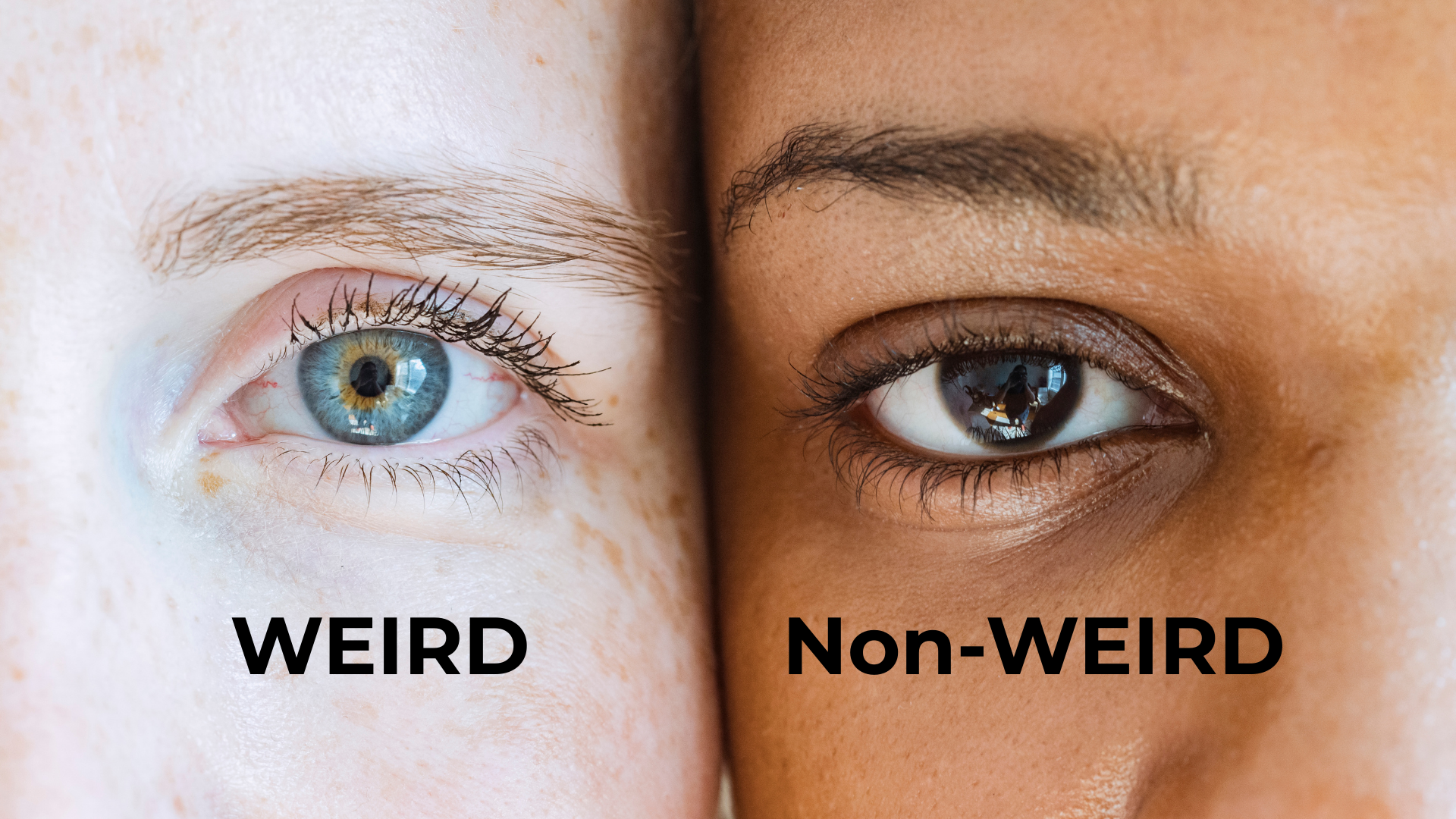Psychotherapy, also known as talk therapy or counseling, is a powerful form of treatment that encompasses a range of approaches to address mental, emotional, and/or behavioural wellbeing. Through the skilled guidance of a trained mental health professional, psychotherapy aims to help individuals understand their thoughts, feelings, and behaviours, and to promote positive change and personal growth.
What is Psychotherapy?
Psychotherapy is a collaborative process that involves a trained mental health professional and an individual or a group of individuals seeking support and guidance. It provides a safe and non-judgmental environment where individuals can openly express their thoughts, emotions, and concerns.
Psychotherapy refers to the use of psychological principles, techniques, and methods to help individuals address mental health issues, instigate behaviour change, and live better lives.
The core principle of psychotherapy lies in the power of conversation and exploration. By engaging in therapeutic conversations, individuals can gain deeper insights into their thoughts, emotions, and behaviours. Through this process, they can develop new perspectives, coping strategies, and skills to address life challenges and improve their overall wellbeing.
Psychotherapy is a process that typically begins with an assessment of the client's needs and goals. Then, the mental health professional creates an individualized treatment plan that is most appropriate for the client's condition.
Psychotherapy can be conducted in various settings, such as private practice, clinics, hospitals, or online platforms. Psychotherapy may come in the form of brief or long-term therapy; individual or group sessions; and as a standalone approach or in conjunction with psychotropic medications. Sessions typically take place on a regular basis, allowing for continuity and progress over time.
Goals of Psychotherapy
The central aim of psychotherapy is to help individuals understand the nature of their current stressors; learn coping and resilience skills to alleviate negative thoughts, emotions, and behaviours; and maintain equanimity to live fulfilled and satisfied lives.
The goals and aims of psychotherapy are highly individualized and depend on the specific needs and concerns of the client. Here are some common objectives:
Understanding and resolving emotional and psychological difficulties
Psychotherapy helps individuals gain insight into the underlying causes of their emotional and psychological struggles. By exploring past experiences, patterns of thinking, and behaviour, therapy aims to bring about a deeper understanding of oneself and facilitate resolution and healing.
Developing healthier coping mechanisms and problem-solving skills
Psychotherapy equips individuals with effective coping mechanisms to navigate challenges and stressors in their lives. mental health professionals work with clients to identify maladaptive patterns and develop healthier ways of managing emotions, stress, and conflicts. This can lead to improved resilience and greater emotional wellbeing.
Improving self-esteem and self-confidence
Psychotherapy aims to enhance self-esteem and self-confidence by helping individuals recognize their strengths, challenge negative self-beliefs, and develop a more positive and realistic self-perception. This can empower individuals to make positive changes, pursue their goals, and cultivate healthier relationships.
Enhancing communication and interpersonal relationships
Effective communication and healthy relationships are crucial for emotional wellbeing. Psychotherapy provides a space for individuals to explore their interpersonal dynamics, improve their communication skills, and develop healthier relationship patterns. This can lead to more fulfilling connections and improved overall social functioning.
Managing stress, anxiety, and depression
Psychotherapy offers evidence-based techniques to help individuals manage and alleviate symptoms of stress, anxiety, and depression. mental health professionals may utilize cognitive-behavioural strategies, mindfulness-based approaches, or other therapeutic modalities to address these common mental health concerns.
Healing from past traumas or grief
Traumatic experiences and unresolved grief can have a significant impact on mental health. Psychotherapy provides a supportive environment for individuals to process and heal from past traumas or losses. mental health professionals use trauma-focused techniques and grief interventions to facilitate emotional healing and promote post-traumatic growth.
Promoting personal growth and self-actualization
Psychotherapy is not solely focused on addressing problems; it also aims to foster personal growth and self-actualization. By exploring personal values, aspirations, and life purpose, therapy can help individuals tap into their full potential and lead more meaningful and fulfilling lives.
It is important to note that the goals of psychotherapy may evolve and change as therapy progresses. The therapeutic process is highly individualized, and mental health professionals work collaboratively with their clients to establish and refine these objectives.
Benefits of Psychotherapy
Psychotherapy offers a wide range of benefits that contribute to improved mental and emotional wellbeing. Through the therapeutic process, individuals can experience transformative changes and develop the skills necessary to navigate life's challenges more effectively. Here are some key benefits of psychotherapy:
Emotional wellbeing and mental health
Psychotherapy plays a crucial role in promoting emotional wellbeing and supporting mental health. By addressing underlying issues, therapy helps individuals manage their emotions more effectively, reduce distress, and enhance overall psychological functioning.
Anxiety and stress management
Anxiety and stress are common challenges in today's fast-paced world. Psychotherapy equips individuals with coping strategies to effectively manage stress and reduce anxiety. mental health professionals may use techniques such as cognitive restructuring, relaxation training, and mindfulness practices to help individuals regain a sense of calm and balance.
Depression and mood regulation
Psychotherapy is an effective treatment for depression and other mood disorders. mental health professionals work with individuals to identify negative thinking patterns, challenge self-defeating beliefs, and develop healthier perspectives. Through evidence-based approaches like cognitive-behavioural therapy and interpersonal therapy, therapy can help alleviate depressive symptoms and improve overall mood.
Trauma healing and post-traumatic growth
Psychotherapy provides a safe and supportive environment for individuals to heal from traumatic experiences. mental health professionals trained in trauma-focused approaches, such as Eye Movement Desensitization and Reprocessing (EMDR) or trauma-focused cognitive-behavioural therapy (TF-CBT), help individuals process and integrate traumatic memories, reduce distressing symptoms, and foster post-traumatic growth.
Relationship enhancement and conflict resolution
Psychotherapy is beneficial for individuals experiencing difficulties in their relationships. Through therapy, individuals gain insight into relational patterns, improve communication skills, and develop strategies to resolve conflicts effectively. Couples or family therapy can strengthen relationships, promote empathy and understanding, and foster healthier dynamics.
Self-exploration and personal growth
Psychotherapy provides a space for self-reflection and exploration. It encourages individuals to gain a deeper understanding of themselves, their values, and their aspirations. This self-exploration can lead to personal growth, increased self-awareness, and a greater sense of purpose and fulfillment in life.
Coping with life transitions
Life transitions, such as career changes, loss, or major life events, can be challenging to navigate. Psychotherapy offers support and guidance during these transitions, helping individuals adapt, cope with uncertainties, and make informed decisions. mental health professionals assist individuals in developing resilience and finding meaning and purpose amidst change.
Improved coping skills and resilience
Psychotherapy equips individuals with practical skills and strategies to cope with life's challenges. mental health professionals help individuals develop adaptive coping mechanisms, enhance problem-solving skills, and build resilience. These skills enable individuals to navigate future difficulties with greater confidence and effectiveness.
It is important to note that the benefits of psychotherapy may vary depending on the individual's unique circumstances and the therapeutic approach used. The therapeutic relationship and the client's active engagement in the process also play significant roles in achieving positive outcomes.
Types of Psychotherapy
Psychotherapy encompasses a variety of evidence-based approaches that have been extensively studied and shown to be effective in treating various mental health concerns. These approaches are grounded in research and adhere to established principles and techniques. Here are some common evidence-based psychotherapeutic approaches:
Cognitive Therapy
Cognitive Therapy is a form of psychotherapy that emphasizes the importance of thought patterns in influencing emotions and behaviours. It aims to help individuals identify and correct distorted and maladaptive thoughts, which are often the root causes of psychological distress and behavioural issues. By challenging these negative and often automatic thoughts, cognitive therapy enables individuals to develop healthier, more adaptive thinking patterns, leading to improved emotional regulation and problem-solving skills. This therapeutic approach is typically short-term and goal-oriented, focusing on the present rather than the past, and equips individuals with the tools and strategies necessary for self-motivated emotional and psychological healing
Read more about Cognitive Therapy
Behaviour Therapy
Behaviour Therapy is a type of psychotherapy that focuses on changing unhealthy and maladaptive behaviours through the principles of learning theory. It operates on the idea that all behaviours are learned and that unhealthy behaviours can be changed, thereby improving emotional responses and interactions with others. Techniques used in Behaviour Therapy include systematic desensitization, exposure therapy, and operant conditioning, which involve the gradual exposure to anxiety-provoking stimuli, reinforcement of positive behaviours, and the extinction of negative ones. This approach is practical, action-oriented, and often includes homework assignments for the patient to practice new skills in real-life situations. It’s particularly effective for treating phobias, anxiety disorders, and other conditions where behaviour plays a key role.
Read more about Behaviour Therapy
Cognitive-Behavioural Therapy
Cognitive-Behavioural Therapy is a comprehensive treatment approach that combines principles from both cognitive and behavioural therapies. It is designed to address dysfunctional emotions, maladaptive behaviours, and cognitive processes through a number of goal-oriented, explicit systematic procedures. Cognitive-behavioural therapy is based on the cognitive and behavioural model, which states that thoughts, feelings, and behaviours are interconnected, and that individuals can move toward overcoming difficulties and meeting their goals by identifying and changing unhelpful or inaccurate thinking, problematic behaviour, and distressing emotional responses. This therapy involves efforts to change thinking patterns and active participation in treatment, such as homework assignments. Cognitive-behavioural therapy has been extensively tested in rigorous clinical trials and has empirical support as an effective treatment for a variety of mental illnesses, including depression, anxiety disorders, alcohol and drug use problems, marital problems, eating disorders, and severe mental illness.
Read more about Cognitive-Behavioural Therapy
Psychodynamic Therapy
Psychodynamic Therapy is a therapeutic approach that delves into the unconscious mind to uncover deep-seated emotions, thoughts, and experiences that shape an individual’s behaviour and personality. Rooted in Freudian theory, it emphasizes the influence of past experiences, particularly childhood ones, on present behaviour and relationships. The therapy involves exploring unresolved conflicts and understanding the defense mechanisms that individuals use to protect themselves from painful feelings or thoughts. Through this exploration, clients gain insight into their motivations and behaviours, which can lead to symptom relief and more adaptive ways of interacting with the world. The therapeutic relationship itself is a crucial component, providing a reflective space for clients to project and analyse their thoughts and feelings.
Read more about Psychodynamic Therapy
Mindfulness-based Therapy
Mindfulness-based Therapy is a form of psychotherapy that integrates mindfulness practices such as present moment awareness, meditation, and breathing exercises into traditional talk therapy. It aims to help individuals become more aware of their thoughts, emotions, and surroundings, and to reduce automatic, often negative, responses to stress. By fostering a non-judgmental, attentive stance towards one’s experiences, mindfulness-based therapy can improve focus, empathy, and quality of life, and is effective in treating a range of conditions including anxiety, depression, chronic pain, and stress-related disorders. This therapeutic approach encourages active participation and may involve one-on-one or group sessions, often supplemented by practices to be done outside of therapy sessions.
Read more about Mindfulness-based Therapy
Conclusion
Psychotherapy is a powerful and evidence-based form of treatment that offers individuals the opportunity for self-discovery, healing, and personal growth. In the journey of psychotherapy, individuals can experience profound transformations as they gain insight into their thoughts, emotions, and behaviours. Through the therapeutic process, they acquire effective coping strategies, develop healthier perspectives, and cultivate the skills necessary to navigate life's challenges with resilience and purpose.
Psychotherapy is not limited to addressing mental health disorders alone; it also provides support for personal development, self-exploration, and self-improvement. It offers a safe and confidential space where individuals can express themselves without judgment, leading to a deeper understanding of themselves and their relationships. It is important to note that psychotherapy is a collaborative endeavour, with the mental health professional and client working together to establish goals and achieve positive outcomes. The benefits of psychotherapy extend beyond symptom reduction, contributing to enhanced emotional wellbeing, improved relationships, and personal fulfillment. By embracing the power of conversation and exploration, individuals can embark on a transformative journey that promotes healing, growth, and a more meaningful life.













Discussion